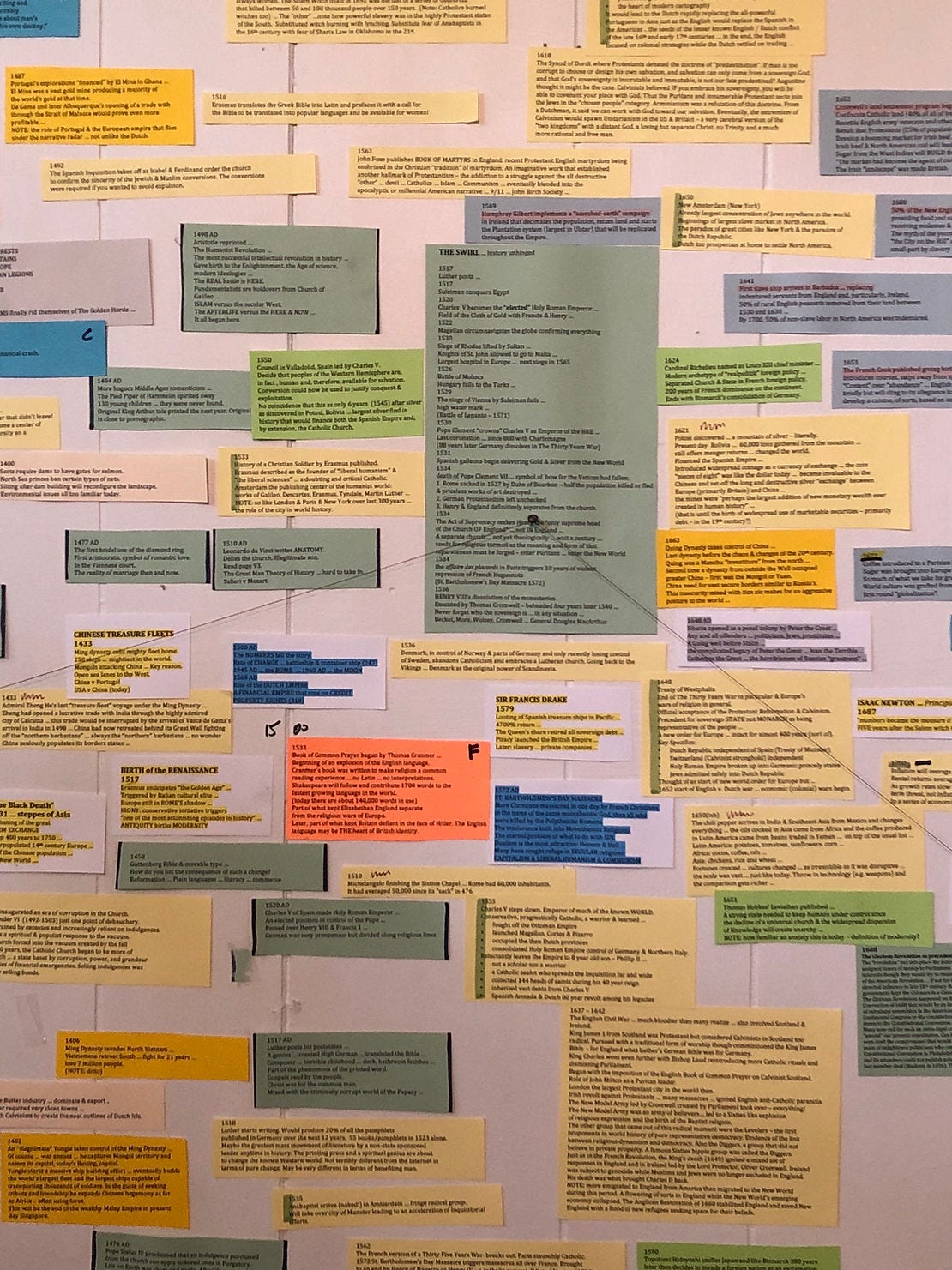This book, unremarkably titled THE THIRTY YEARS WAR,
is utterly remarkable for many reasons. It is also a book I suspect very few people will ever begin, let alone finish. It is 500 pages of names, places, diplomacy, war, horror and arranged marriages. I suspect it (or the war itself) is the origin of Game of Thrones. There is no way Martin composed his hit series of books without first dipping into the Thirty Years War. Albeit, there are no dragons and the millions who died in greater Germany were killed by the very real consequences of anarchy, disease and unchecked mercenary armies. Regardless, the HBO fantasy series mirrors the intrigue, selfishness and butchery that marked these thirty years.
The author is CV Wedgewood – a woman who eventually received all the highest awards an historian can earn over her many years writing about terribly complex times long ago in prose that has been compared to Edward Gibbon for its elegance and clarity. She slowly untangles a spider web of knots and gives structure and coherence to maybe the most anarchic and tortured thirty years in European history. The book is a marvel. Even more marvelous – she wrote it when she was in her late twenties. It was published in 1938 and remains THE definitive treatment of this war. She would later bring her considerable skills to bear on equally dense subjects like the emergence of the Dutch Republic and the English Civil War. I am so happy to have “met” her.
The story serves as a disturbing dotted line metaphor for today. The war was fought in a cloud of disease. Various horrors already dotted the viral landscape of central Europe prior to the war. Add marauding, pillaging armies, peasant revolts and famine and you get disease run rampant culminating in another outbreak of the bubonic plague. Life proceeds despite these horsemen of the apocalypse suggesting that the presence of pandemic level diseases was more the ordinary course of daily life than not. It is a sobering historical fact as we stare into our environmentally challenged future and struggle with our Covid present. It also is a warning on just how unhinged things can get when it comes to unbridled and amoral leadership run amuck, especially if draped in the shroud of religious fervor. One does not read it marking Trump in the margins but one does read it thinking of the many dystopia scenarios that clutter our collective cultural imagination.
The war itself is an exercise in human hubris and madness. It is a world without a coherence that comes with the presence of superpowers or some semblance of a balance of power let alone organizations like the United Nations. The catalyst for the war was religion. The war was the final or ultimate bloodletting of the Protestant Reformation. The participants started along the lines of their religious affiliations with the Lutheran Swedes allying with protestant German princes and a rebellious religiously tolerant Dutch Republic, all lined up against the Catholic Hapsburg and Spanish empires and the Catholic German princes. Throw in a protestant England, a duplicitous and ruthlessly effective Cardinal Richelieu led France, a Catholic Poland and a Lutheran Denmark and you have the beginning of the war. Soon the religious motivations get lost amidst dynastic intrigue and personal ambition and, in the end, all is subsumed by the demands of massive mercenary armies. Henry Kissinger and many of his school believe that the Treaty of Westphalia (again … way more complex than a single treaty) restored order and a balance of power that would not end European wars but would prevent future wholesale chaos and destruction on the scale of 1618-1648. They argue that the Treaty established the framework of sovereignty (independent of religion) required for the rise of the modern nation state and the relative stability that came with it. I have to believe that this is stretching things a bit and I suspect CV Wedgewood might agree with me. The Treaty of Westphalia mostly just ended the war – all parties exhausted and millions dead and displaced. The religious fervor that stoked the war at the start was spent and that might be the most important consequence, not the political realignment that feels to this reader as terribly close to what was there when the whole thing began.
Reading this book may sound like an exercise in despair and given what happened – it is. The treat is Wedgewood herself and her ability to bring coherence, even elegance, to madness.
The Thirty Years War
CV Wedgewood
504 pages
1938


